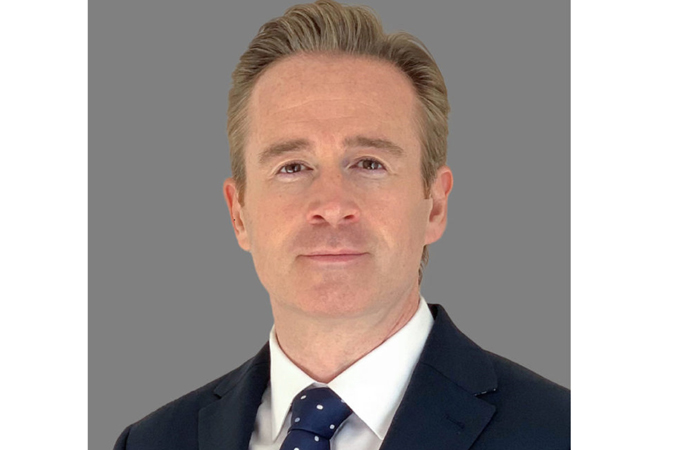
James Dervin
UAE consumers value quality over cost says report
DUBAI, June 14, 2022
Consumers in the United Arab Emirates (UAE) have the highest proportion of ‘quality appreciators’ and the lowest proportion of ‘cost-conscious’ consumers as compared to some European countries, says a new report.
The report by global professional services firm Alvarez & Marsal (A&M), in partnership with Retail Economics, suggests that UAE consumers are less likely to compromise on product quality for lower prices and are more inclined to sacrifice convenience or the shopping experience.
In general, emotion-driven attributes of value (sustainability and experience) are considered the most important to consumers across all retail categories for UAE consumers. 12% of consumers in the UAE are increasingly embracing social causes, and are shopping with intent by seeking products and brands that align with their values; and 12% of consumers are looking for meaningful interactions with retail brands, as well as entertainment, and an environment which adds value to the whole experience while purchasing.
Quality is most important
Within the UAE, 42% of consumers perceive quality as the most important value when purchasing products, which is likely to reflect a higher average income across the country. However, almost a third of the consumers in the UAE (29%) say the cost-of-living crisis will have the biggest impact on their ex-pectations of retailers and brands in the next 12 months.
24% of consumers in the UAE perceive price as an important factor in decision making; these consum-ers are expected to trade down to private-label and own-brand products, and even switch from super-markets to discounter operators.
For the study, a nationally representative consumer panel was undertaken by Retail Economics across seven countries including the UK, Spain, Italy, France, Germany, Switzerland, and UAE. The sample comprised more than 5,250 consumers with survey data collected in April 2022, said a statement.
James Dervin, Managing Director, Alvarez & Marsal Middle East, said: “Our analysis suggests that the UAE consumer currently has a different set of priorities compared to the majority of European peers. In our survey, the UAE demonstrated the highest proportion of “quality appreciators”, while also having a keen focus on customer experience and a consistent bias towards emotion-driven value attributes.
Affluent population
“Price appears to be a comparatively low-priority factor in decision making, with limited expectation that this will change in the forthcoming 12 months. We believe this reflects a relatively affluent consumer population, with lower exposure to current economic pressures versus European peers, as well as retail’s comparatively prominent role as a leisure and community activity in the UAE, and the region more broadly,” Dervin said.
“Changing consumer preferences coupled with emerging trends such as seamless retail channels, personalisation, evolving operating models, digitalisation, and flexible supply chain models will likely further shape the retail landscape in the UAE and are likely to have long-term implications. Recognizing emerging trends and responding proactively, and with agility, can help retailers create a winning strategy for the coming decade.”
Societal values attached to the environmental impact of consumption are rapidly gaining traction as consumers, corporates and governments increasingly focus on carbon reduction strategies. Conse-quently, this shift makes it vital for retailers, consumer brands and suppliers to commit to environmental-ly friendly operations and ethical practices. The pandemic has influenced how shoppers see sustainabil-ity, with nearly 8% of UAE consumers saying they now consider the environmental impact of their pur-chases more, the report said.
The most important ethical practices for UAE consumers are knowing the company or brand uses sus-tainable means to source its products and materials (21%), followed by fair wages to its employees (21%).
Across the five countries surveyed, it is noted that younger consumers are most likely to prioritise sus-tainability and ethics, with 12% saying it was the most important factor when making purchasing deci-sions – compared to an average of 9% across all generations. In the UAE, nearly half of the consumers (49%) say they are willing to pay more for sustainable products (15% significantly more and 34% a little more). Ethics and sustainability are the most important factors for consumers when shopping for grocer-ies (16%) and apparel (15.5%), although they are still seen as less important quality and price of the products.
Erin Brookes, Managing Director and Head of Retail, Europe, A&M, said: “While price and quality are key factors when making purchasing decisions, the expectation from consumers that retailers act in an ethical and sustainable way continues to grow. Although investment in sustainability will be required, innovations in the industry, such as upcycled or pre-loved ranges, demonstrate that ethics and sustaina-bility can also create commercial opportunities.” - TradeArabia News Service








